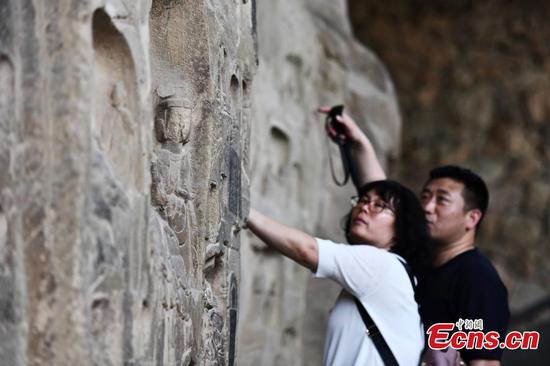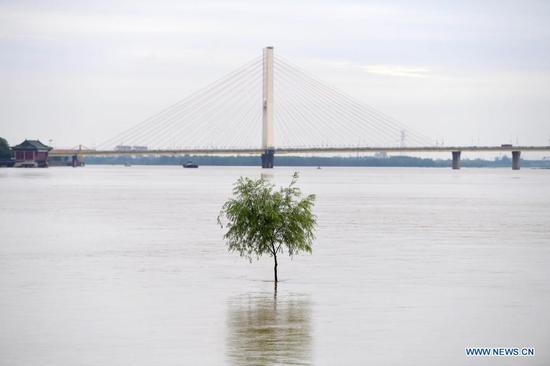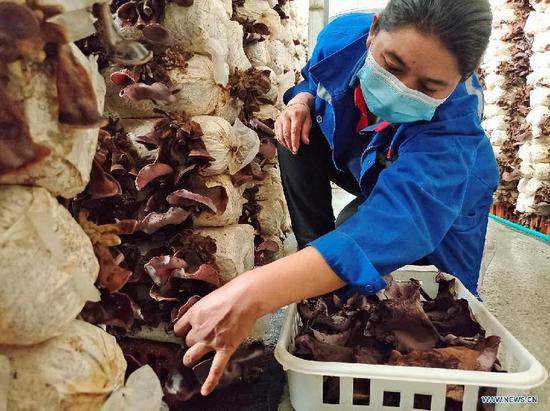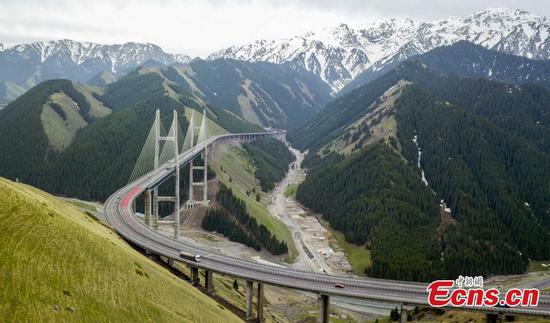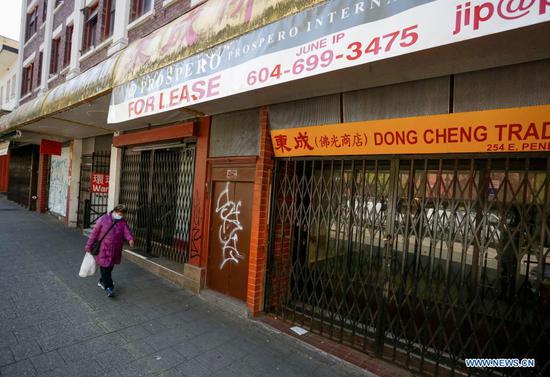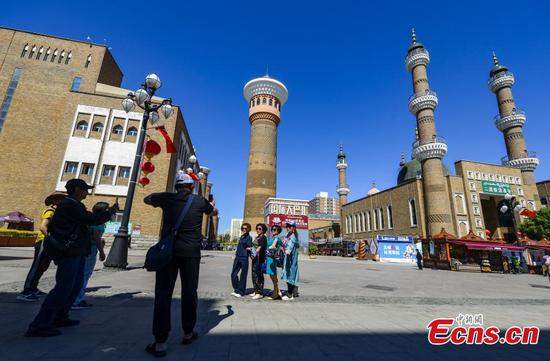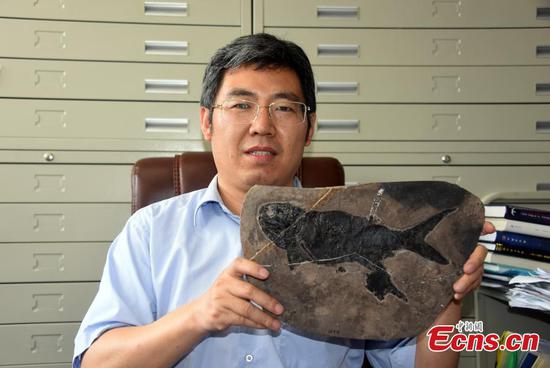U.S. states have focused on expanding roads rather than rehabilitating existing ones, contradicting the new transportation priorities set by the federal government, The Washington Post reported Monday.
While around 20 percent of the country's major roads were rated in poor condition in 2019, "more than a third of states' capital spending of roads that year, 19 billion U.S. dollars, went toward expanding the road network" instead of rehabilitation, it said.
It said the country's Federal Highway Administration estimates a 435-billion-U.S. dollar backlog of needs to rehabilitate existing roads across the United States.
"The hunger for new roads reflects a desire to connect growing communities and battle congestion at the local and state level in a nation where most people rely on cars. That appetite for expansion is clashing with new transportation priorities in Washington that seek to bolster existing highways while promoting other modes of travel," it said.
Citing transportation experts, it said road expansion is "environmentally unsustainable" and adds to "traffic levels over time rather than reducing congestion."
According to the report, the transportation priorities by the federal government are mainly reflected in new proposals and bills such as U.S. President Joe Biden's infrastructure plan.
Biden's original 2.3-trillion-U.S. dollar proposal, dubbed the American Jobs Plan, includes 621 billion dollars to improve transportation infrastructure, such as roads, bridges and airports.
However, in a counterproposal to Senate Republicans on Friday, the White House lowered the overall price tag of Biden's plan to 1.7 trillion U.S. dollars.
White House Press Secretary Jen Psaki said at a press briefing Friday that the counterproposal lowers Biden's request on transportation infrastructure and digital infrastructure, and also shifts investment in research and development, supply chains, manufacturing and small businesses, out of the negotiations and into other proposed legislation.



















